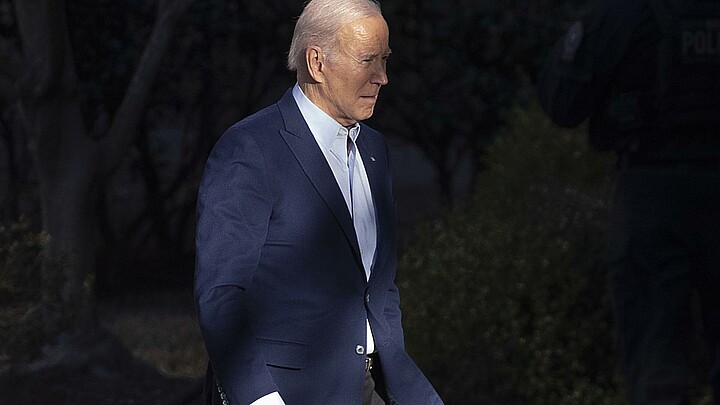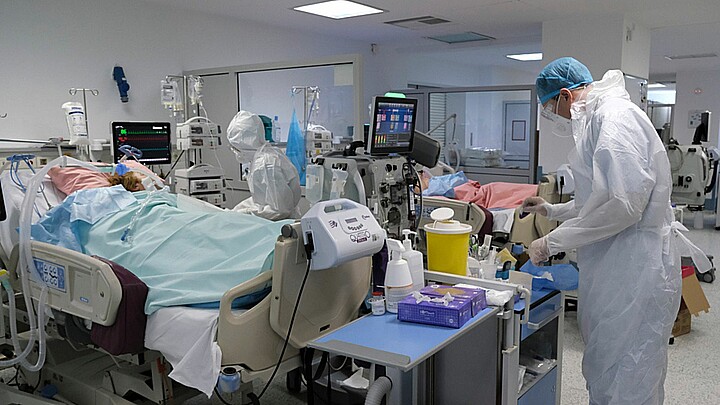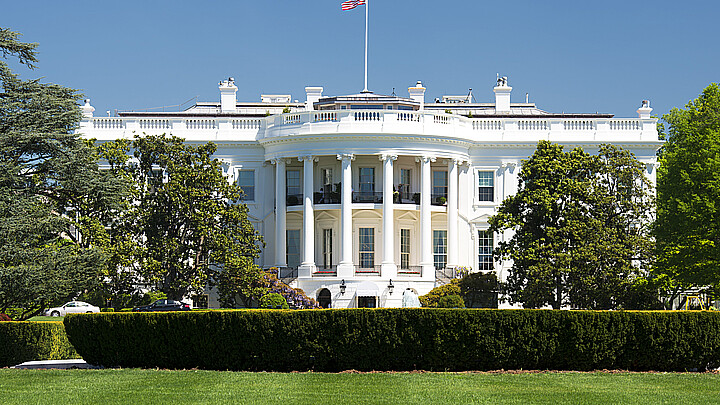Health
Poor hydration can lead to early death, early aging, and chronic diseases, new study suggests
“The results suggest that proper hydration may slow down aging and prolong a disease-free life”

January 2, 2023 8:22pm
Updated: February 19, 2023 2:30pm
Not hydrating properly can lead to early aging, chronic diseases, and even early death, according to a new study by the National Institutes of Health (NIH) published on Monday in the journal eBioMedicine.
“The results suggest that proper hydration may slow down aging and prolong a disease-free life,” said study author Natalia Dmitrieva, a researcher in the Laboratory of Cardiovascular Regenerative Medicine at the National Heart, Lung and Blood Institute, a division of NIH.
The study was conducted over 25 years, analyzing medical visits from more than 11,000 adults in the U.S. Researchers tracked the hydration levels of the patients by monitoring how much sodium was found in their blood—the more sodium found, the less hydrated an individual is.
The study found that individuals who had a higher concentration of sodium were 50% more likely to show signs of physical aging and were more prone to high cholesterol, blood pressure, and surging sugar levels.
“People whose middle-age serum sodium exceeds 142 mmol/l have increased risk to be biologically older,” researchers wrote in the study.
Additionally, those who had higher sodium levels had a 20% increase in the risk of early death and a greater likelihood of developing a fatal disease such as heart failure, stroke, diabetes, dementia, and chronic lung disease, according to the study.
“Risk to develop these diseases increases as we age and accumulate damages in various tissues in the body,” Dmitrieva added.
The USDA recommends people drink eight to ten glasses of water a day. However, a 2020 study found that only 20% of Americans are meeting that goal. Instead, the average American only drinks half of the recommended amount.









